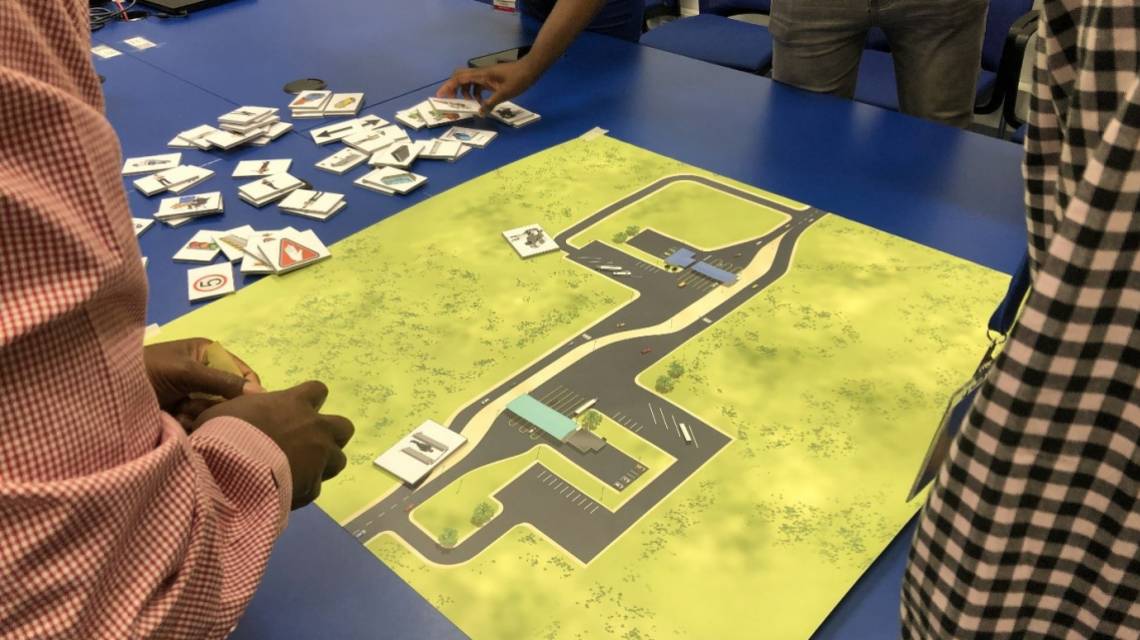Front Line Officers are positioned at strategic locations where illegal acts could be encountered, such as smuggling of drugs, human trafficking, and illicit trafficking of nuclear and other radioactive material. Ensuring they have a full understanding of the threats posed by criminal acts or unauthorized acts involving nuclear and other radioactive material out of regulatory control is an important component of a country’s nuclear security detection architecture.
“Front Line Officers are potentially first alerted about nuclear and other radioactive material out of regulatory control, either through information alerts or detection equipment alarms,” said Daming Liu, Head of the IAEA’s Section on Nuclear Security of Materials Outside of Regulatory Control. “A specific training programme that involves instructors in nuclear security detection is an essential part for the sustainable capacity building for Front Line Officers.”
From 2011 to 2015, the IAEA trained over 400 instructors from 32 countries as trainers for Front Line Officers on responsibilities in nuclear security detection operations.
Recognizing the need for a consistent global approach, the curriculum has evolved in collaboration with the Department of Energy - Office of Nuclear Smuggling Detection and Deterrence (DOE-NSDD) of the United States of America, and the Joint Research Centre (JRC) of the European Union through Border Monitoring Working Group (BMWG). The revised curriculum was piloted in 2017 and first implemented in 2018. This builds training development and instruction capabilities in general, as well as instructors’ capabilities for training Front Line Officers in nuclear security detection. To date, 62 instructors from 21 countries have been trained through four such training courses.
The course aims to improve participants’ instruction skills and to prepare them to competently deliver a technical curriculum on detection of nuclear and other radioactive material out of regulatory control. The two-week course involves lectures focused on building a common understanding around instructional good practices for adult learners, and a ‘teach back’ segment of the technical course on detection of nuclear and other radioactive material out of regulatory control. Participants are then able to deliver the technical course in their countries.







